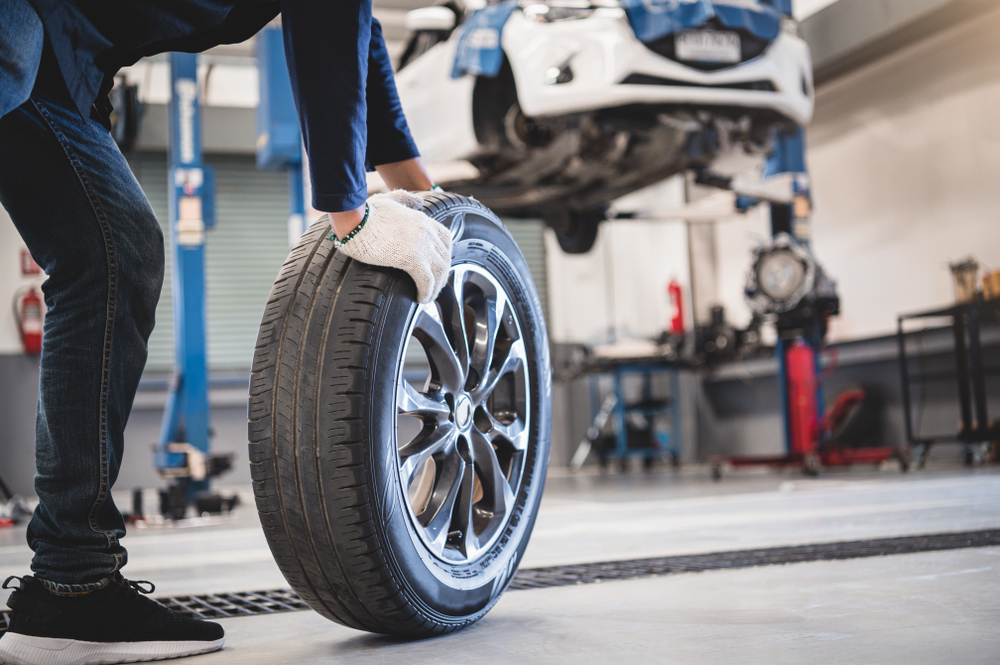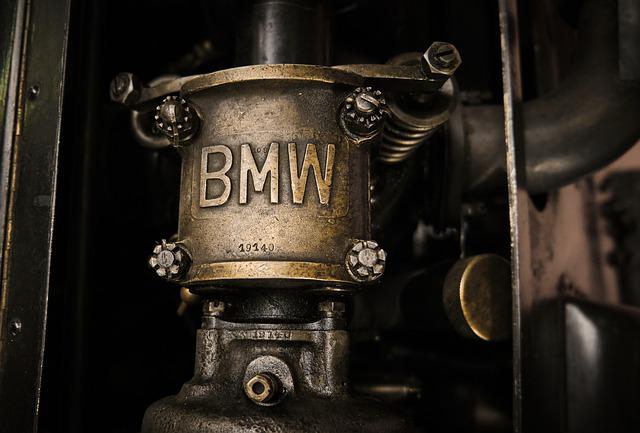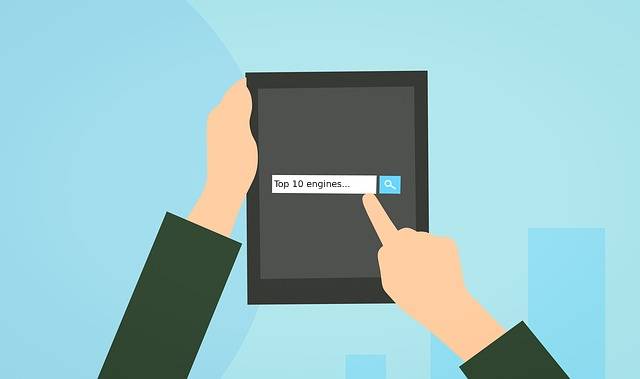What Indicates The Right Time For Tyre Replacement?
Find Used Engines and Transmissions for a Great Price! Live Assistant For Used Engines Call 1800-518-9776

Tyre care is one of the most crucial components of an automobile’s maintenance that is frequently disregarded. Because they are the only component of your car that touches the ground when you drive, your tyres are crucial for performance, safety, and fuel economy. For maximum vehicle longevity and to maintain security on the road, you must be aware of when to change your tyres. This blog post will cover a variety of signs that imply it's time to change your tyres.
Signs to look for tyre replacement
Tyres’ age
-
Even with lots of tread left, tyres deteriorate with time. Tyres become less dependable and safe as the rubber chemicals in them deteriorate over time. Regardless of tread depth, tyre manufacturers normally advise replacing tyres every six to 10 years. Your tyres' sidewall will include a four-digit code that indicates the date of production. The week is denoted by the first two numerals, while the year of manufacturing is denoted by the final two digits.
Noises and vibrations
-
Vehicle vibrations or excessive road noise may potentially be signs that your tyres need to be replaced. Tyres that are lacking in balance or unevenly worn may be the cause of persistent buzzing or strange sensations. Ignoring these symptoms could result in more harm and pain while driving.
Uneven tyre wear
-
Your tyres' uneven wear is a giveaway that there's something amiss. Uneven tyre wear can result in poor handling, lower traction, and even dangerous driving situations. Incorrect inflation, suspension problems, and misalignment are some common reasons for uneven wear. Check your tyres frequently for indications of uneven wear, including one side wearing out faster than the other or the middle of the grooves wearing out quicker than the sides.
Decreased tyre tread
-
One of the most crucial elements in determining the health of your tyres is the tread depth. The area of the tyre that makes a connection with the road layer and offers grip and stability is called the tread. The tread depth of tyres gets thinner as they age. Whenever the tread depth reaches 2/32 of an inch (1.6 mm), most experts advise replacing the tyres. A tread depth gauge and the penny test are simple ways to verify this. Simply place a cent with Lincoln's head downward into the tread. It's time for a replacement if Lincoln's top of their head is visible.
Visible bulges and cracks
-
Check your tyres' sidewalls for bulges, cuts, and cracks. These are warning indications of tyre weakness and deterioration that could lead to blowouts. Replace your tyres right now if you encounter any of these problems. UV-ray exposure can result in cracks, while structural damage within could be indicated by bulges.
Manoeuvring issues
-
It may be a tyre issue if your car isn't responding as effectively as it once did. Reduced grip from flat tyres or tyres with shallow tread might make it more difficult for you to control the car under different driving circumstances. Furthermore, worn tyres might lengthen your stopping distance, which can be a serious safety concern, particularly in an emergency.
Decreased fuel efficiency
-
Tyre wear has a big impact on how efficiently your car uses fuel. Your tyres might be to blame if you've experienced a sudden decline in your gas mileage. As tyres deteriorate, they produce increased rolling resistance, increasing the amount of energy needed to drive your car. Your fuel efficiency can be increased by switching out worn tyres for new ones that are inflated correctly.
Conclusion
For your car to be safe, effective, and efficient, your tyres are essential. For your safety on the road, it's critical to recognise the warning indications that a tyre needs to be replaced. By being proactive and changing your tyres when necessary, you'll not only improve your car's performance and lengthen its lifespan, but you'll also secure your own safety.
For all your used engine and transmission needs, contact us at Used Engines and grab some amazing services with quality products.
related
You May Also Like

Which BMW Has the Most Horsepower?
A car is useless if it doesn’t have good horsepower. Just imagine driving your car with sluggish acceleration and it drags on the road whenever you take it for a spin.
Read Article
10 Best Engines Made So Far By Top Engine Manufacturers
Over the years, the car industry has seen major changes. Car engines have become smarter and it looks like every new engine that rolls out is better than the other.
Read Article
How to Make Your Car Last Forever?
Isn’t it lovely when a new car works the way you want? The gears shift smoothly and the wheels roll without dragging against the road. But as your car gets older, you’ll notice that it doesn’t drive smoothly, has lower fuel mileage, and overheats easily.
Read Article